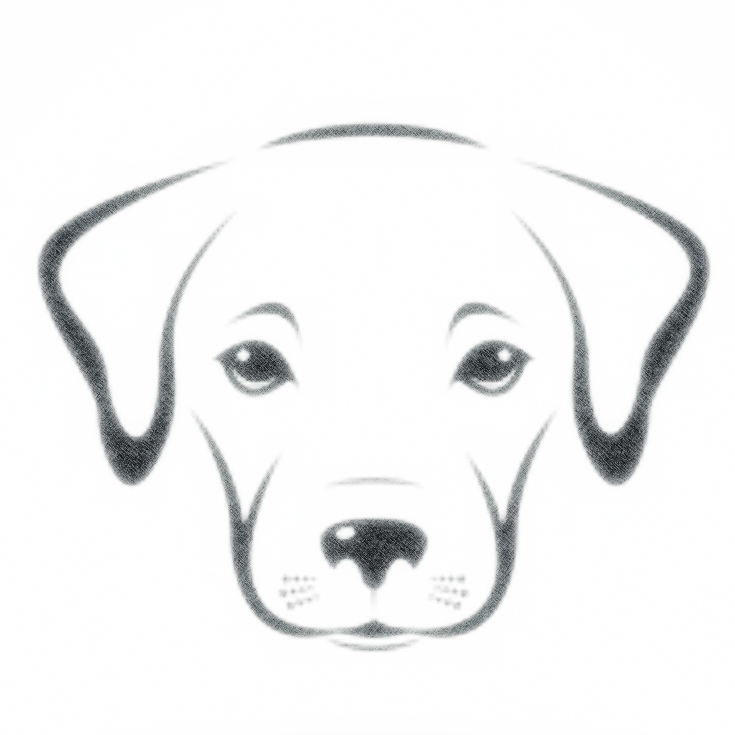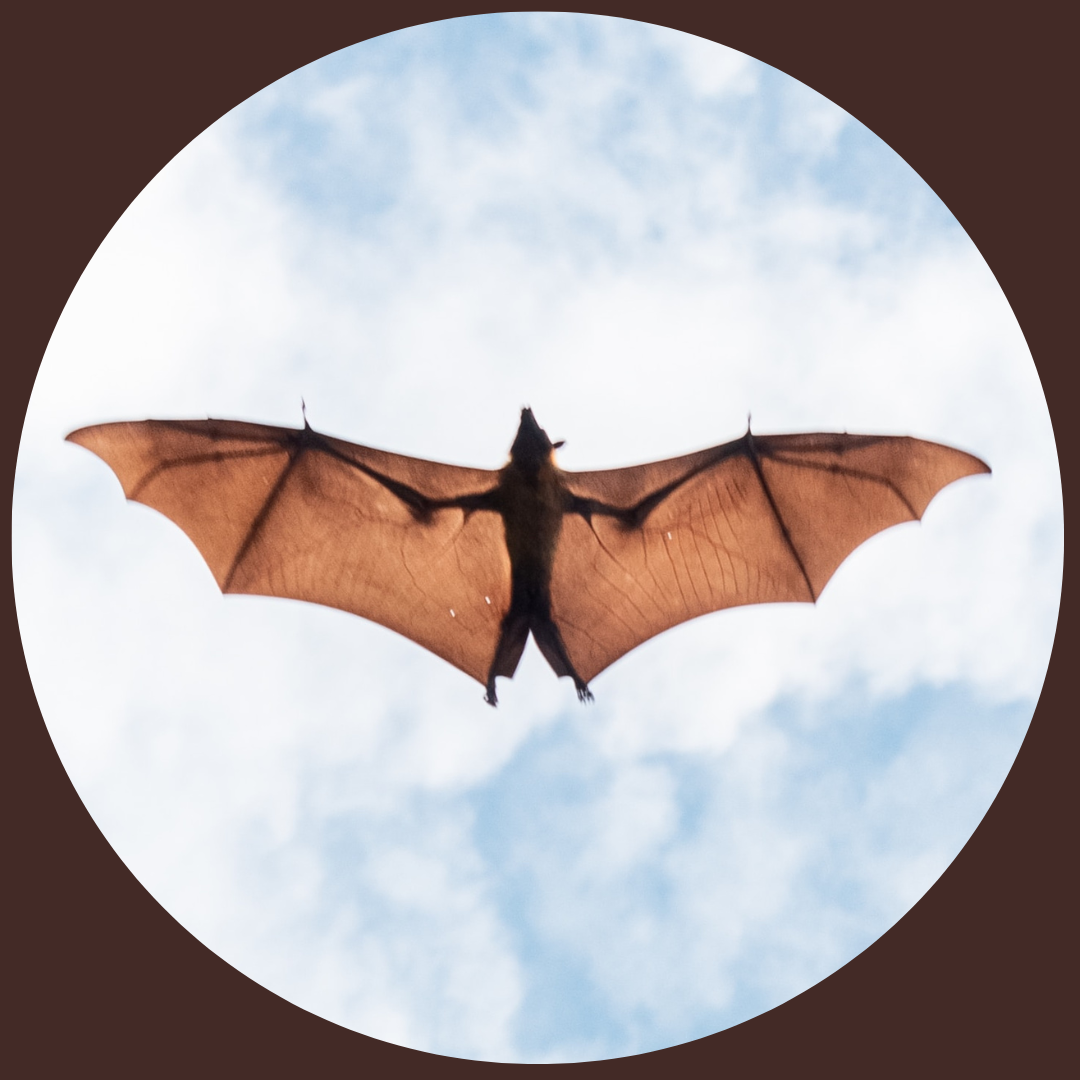This sounds like an attempt to recreate mollosoi dogs, just with extra steps.
I’m fairly confident that the examples given would result in a large (but not giant), smart, and people friendly dog that could still operate successfully without a handler. Not in the first generation, but eventually.
Tbh, don’t even need wolves in the mix; they don’t really bring much to the table, and you aren’t going to maintain that look past three or four generations to begin with. Wolf-dogs that breed with each other don’t hold on to a wolfish look for very many generations as it is, even when they’re all mixed with the same dog breed. Hiding mixing in that many dog breeds, you’re looking at what? 1/32 wolf by the time you have a breed that’s no longer being crosses outside of established individuals from the project. Maybe it’s 1/64th, I can’t remember what it came out to when someone did the math on reddit about how many generations it would take to no longer be breeding half breeds at all, with a stable population for the project.
If you leave wolves out, you already have a more stable pool that you can select traits from for each succeeding generation. You just can’t keep a wolf appearance without breeding wolves only, and even then you’d have to select each generation for that look to the exclusion of other traits.
Part of the reason dog breeds exist is those repeating chains of DNA that most (but not all, supposedly) canids have. Can’t remember the right term for it, but the Russian foxes also rely on that quirk. When that’s in play, you can breed for specific traits, but the more focused you get on one, or one small set, the more the others express themselves, hence the curly tails and floppy ears of the Russian “domesticated” foxes. You select for friendliness, you get “softer” looks. You select for looks, you get some combination of other traits (like the skittishness some smaller breeds are known for).
We already have a good idea of what traits breeding for size gets, and we have an idea of what breeding to visual standards gets when that standard is wolfish.
Edit: the Wiki summary for mollosoi dogs





















A lot of the time, we have a lot of our identity kit tied into our work. Sometimes that also means to specific jobs/employers.
Losing that for any reason can be anything from a mild annoyance to fully traumatic. And unexpected job loss not only affects one’s self view and sense of purpose, it’s a threat to stability and survival.
So, yeah, it can take years to move past.
It’s a form of grief, though that isn’t always easy to understand, and how intense that grief is is variable even for one person in specific. But it’s not at all unusual for someone quitting a job, in a planned way, to experience loss emotionally. When the loss is involuntary, that stack, then it being unexpected stacks higher. A long job hunt after adds more to the pile.
With anxiety already part of your existence, that grief is prone to hitting harder as well as deeper.
It looks like your grief has turned into depression as well. That drained, empty feeling is your brain and mind saying it/they have hit a limit to how much they can process.
I’m going to echo the suggestion that some talk therapy would be beneficial. Processing such events in life can be difficult to do alone because it’s so hard to see things culturally clearly from the inside.
Don’t think you’re alone in what you’re experiencing. It’s a very common thing to go through.